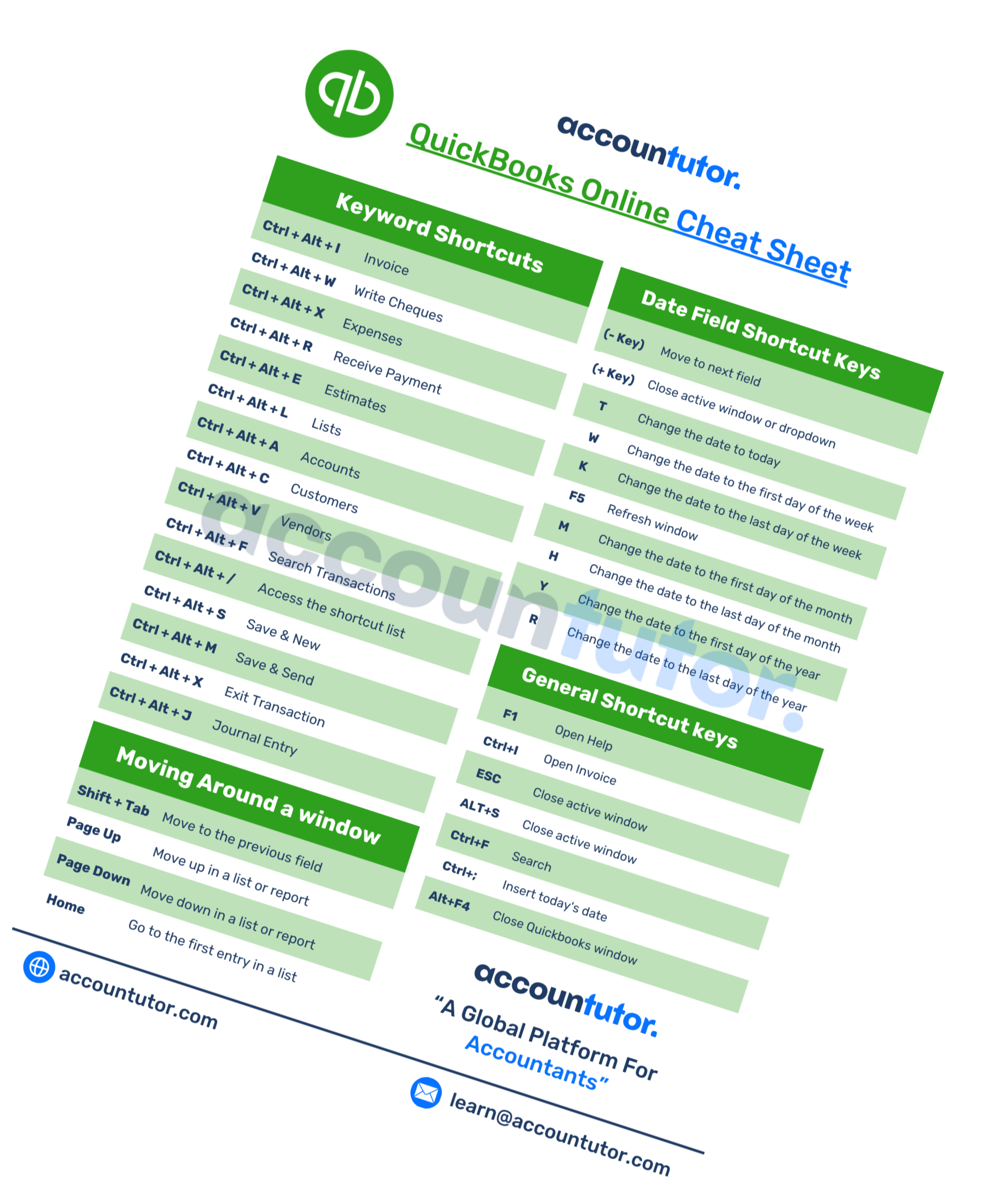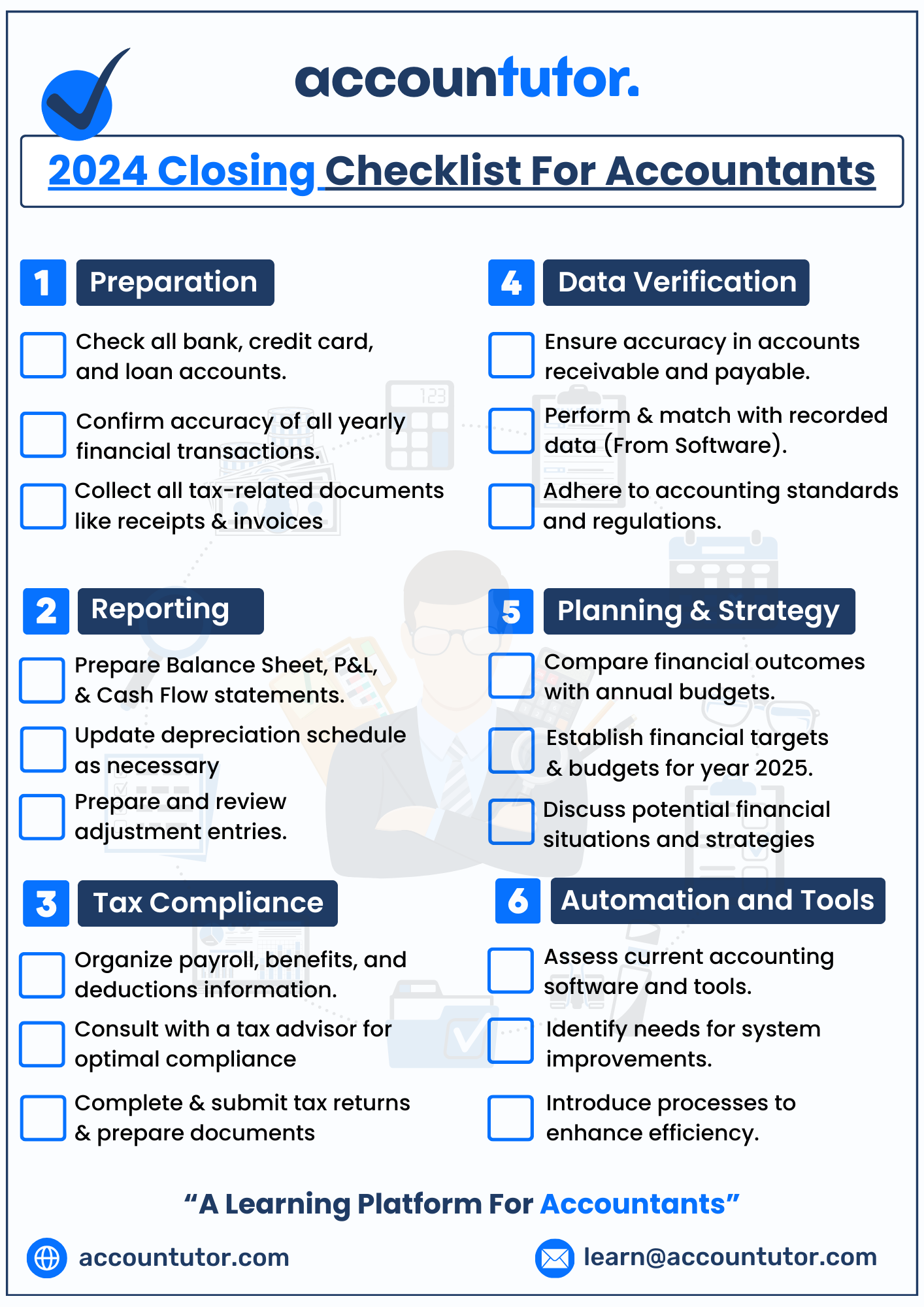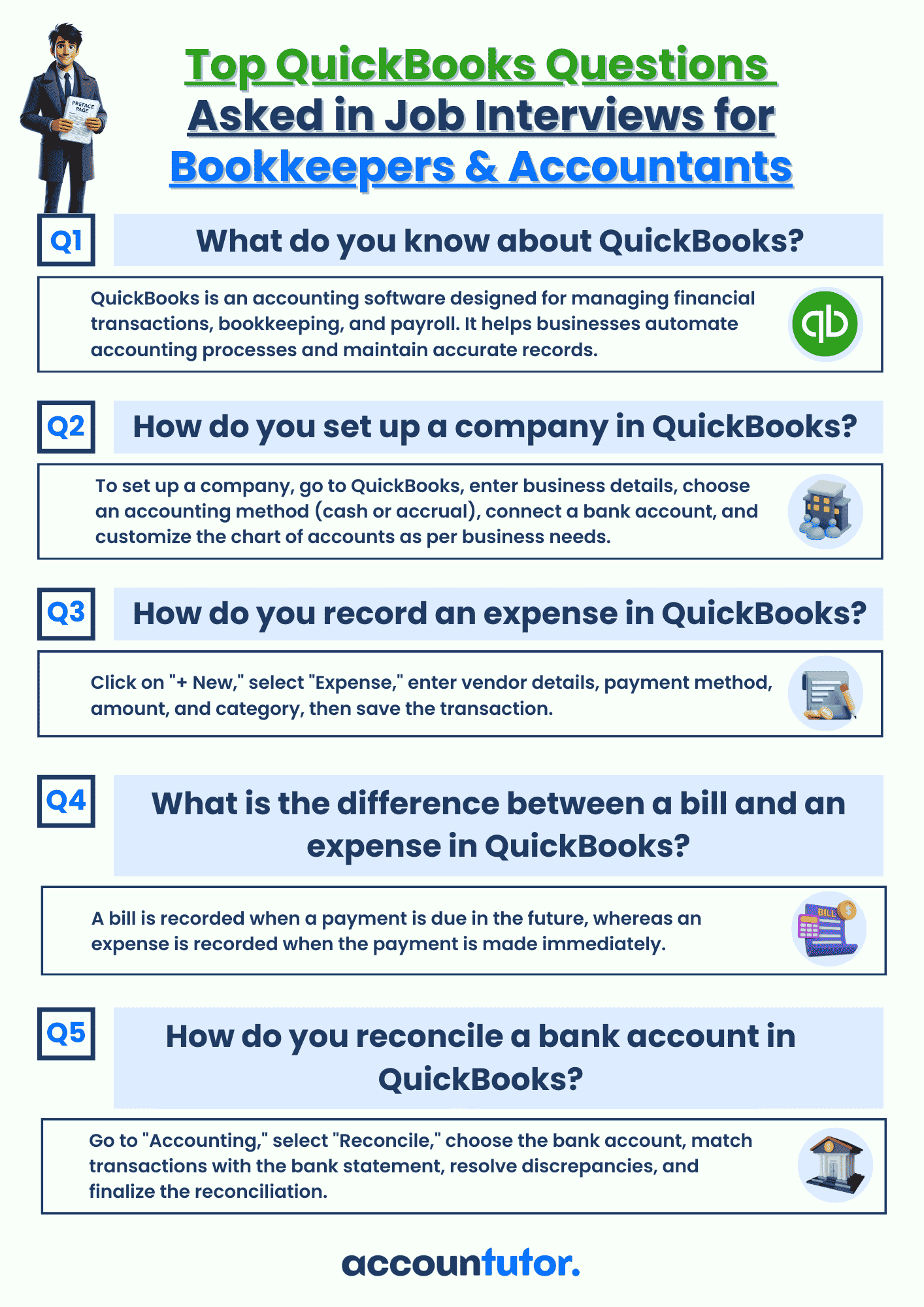Variance Analysis
-
Types of Variances
-
Types of Budgets
-
Why Budgeting Matters
Variance Analysis
Variance analysis is the process of comparing your budgeted figures
(what you planned) with your actual results (what really happened). It
helps identify where things went as expected and where they didn’t—so you can
make better decisions going forward.
“A budget is a goal. Variance analysis tells you how close—or far—you were from hitting it"
“A budget is a goal. Variance analysis tells you how close—or far—you were from hitting it"
1. Types of Variances
The most
common types of variances include:
Positive variances (favorable) mean you performed better than expected. Negative variances (unfavorable) indicate that you missed your target.
- Revenue Variance – Did you earn more or less than expected?
- Expense Variance – Did you spend more or save money compared to your budget?
- Profit
Variance – How did the actual profit differ from what was planned?
Positive variances (favorable) mean you performed better than expected. Negative variances (unfavorable) indicate that you missed your target.
2. Why Forecasting Matters
Variance analysis helps businesses
stay on top of their financial performance by highlighting the differences
between what was planned and what actually happened. It allows companies to identify
problems early, such as unexpected overspending or lower-than-expected
sales. By analyzing these gaps, businesses can understand the reasons behind
performance differences—whether due to market changes, pricing issues, or
internal inefficiencies. This process also helps improve the accuracy of
future budgets by learning from past mistakes. Most importantly, variance
analysis supports better, data-driven decision-making. It’s not about
assigning blame; it’s about understanding what worked, what didn’t, and how to
move forward with more clarity and confidence.
3. Why Budgeting Matters
A
clear and well-structured budget offers several important benefits for
businesses. It helps prevent overspending
by setting spending limits and keeping costs in check. With a budget in place,
businesses can allocate resources more
wisely, ensuring that money goes to the areas that need it
most. It also helps companies prepare for slow months or
unexpected emergencies, giving them a financial cushion when
things don’t go as planned. In addition, budgets allow businesses to set performance targets and track progress,
making it easier to measure success and make adjustments when needed. Even small businesses and freelancers
can gain a lot from budgeting—it builds discipline, lowers stress, and leads to
smarter financial decisions.
Key Takeaways
✅ Variance analysis compares budgeted and actual results
✅ Helps explain why financial performance was different than planned
✅ Focuses on revenue, expenses, and profit gaps
✅ Useful for improving future budgeting and business planning
✅ Encourages learning and accountability, not blame
✅ Helps explain why financial performance was different than planned
✅ Focuses on revenue, expenses, and profit gaps
✅ Useful for improving future budgeting and business planning
✅ Encourages learning and accountability, not blame
Write your awesome label here.
Access all Accounting and Bookkeeping Courses from One Portal.
Mastering Bookkeeping and Accounting
MBA simplifies accounting, ledger management, account balancing and financial statement preparation.
QuickBooks Online For Bookkeepers
From Beginner to Expert: Master QuickBooks Online. Effortlessly Navigate, Analyze Transactions, and Unlock its Full Potential.
Xero Accounting For Bookkeepers
Learn how to use Xero, the leading online accounting software to perform most of the essential bookkeeping tasks.
ChatGpt for Bookkeepers and Accountants
Learn how to use the ChatGPT prompt toolkit to simplify daily accounting tasks for accountants and bookkeepers instantly.
Subscribe to our newsletter
Stay informed with the latest accounting tips, tools, and updates from Accountutor right in your email inbox.
Thank you!
Policy Pages

Download QuickBooks Online PDF Guide
Thank you!

Download QuickBooks Online Cheat Sheet
Thank you!

Download ABCD of Accounting
Thank you!

Download Checklist 2024
Thank you!
Register For Free!
Thank you!

Download Interview Questions
Thank you!

